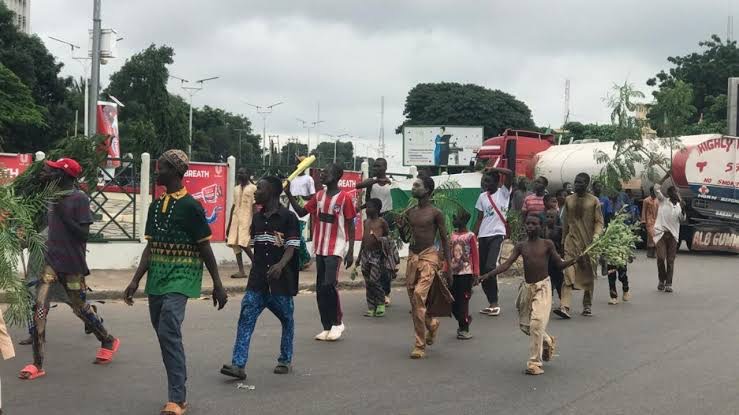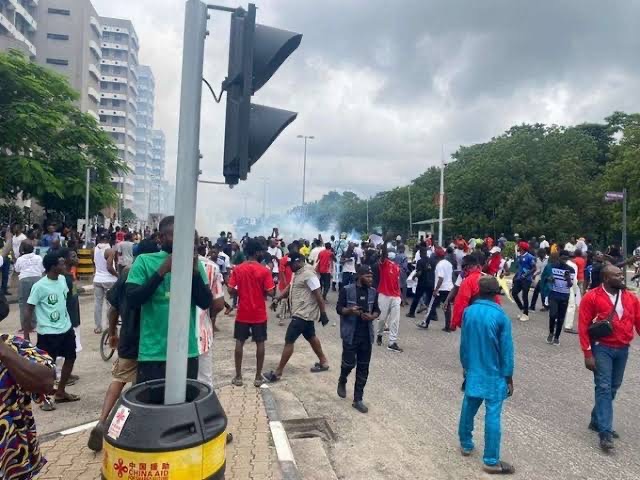On Thursday morning, residents of Kaduna State spoke about their experiences following the state government’s revision of the 24-hour curfew, which now runs from 6 pm to 8 am. The previous full-day curfew had been implemented in response to a violent hunger protest that led to widespread damage and looting.
The protest, initially aimed at addressing food shortages, was overtaken by criminals who vandalized government property and looted local shops. In response to the chaos, the state government imposed a strict 24-hour curfew on the cities of Zaria and Kaduna. This curfew lasted for two days, during which residents faced significant challenges. Many found themselves unable to work or access essential supplies, leading to increased hunger and hardship.

During the lockdown, businesses were shut down, and security forces rigorously enforced the curfew, which exacerbated the difficulties for many residents. The closure of shops and markets left numerous families struggling to find food and other necessities. The impact was particularly severe for those who rely on daily earnings to support their families.
On Tuesday night, the state government reviewed the curfew schedule to allow residents some leeway to seek work and support their families. The new curfew hours, from 6 pm to 8 am, are designed to balance the need for security with the necessity of maintaining livelihoods.

At Kaduna Central Market on Thursday morning, Mrs. Ruth Babale recounted her ordeal during the curfew. As a food vendor, she relies on early morning sales to buy food for her five children. During the lockdown, she was unable to leave her home, forcing her to fast because she could not earn any income. “Since the day of the lockdown, I had no food because I could no longer go out. I sell food ingredients in the early morning and use the money to buy food for the family,” she explained.
Mr. Joseph, a vulcanizer by trade, also experienced severe hardship. His work provides daily wages, and the curfew’s restrictions meant he couldn’t work or earn money. “As a vulcanizer, I am paid daily for the work I do. Since the 24-hour curfew, the hunger was even worse than the Hunger Protest itself,” he said. He expressed hope that such protests would not occur again, highlighting the dire consequences of the curfew.
Mr. Alibaba, another resident, shared his gratitude for the curfew adjustment. He faced a personal crisis when his wife went into labor early Wednesday morning. Due to the lockdown, he was initially afraid to take her to the hospital. However, with the revised curfew hours, he was able to transport her to the hospital on Thursday morning. “I am thankful to God and Governor Uba Sani for reviewing the curfew. It allowed me to get my wife the medical care she needed,” he said.
Many other residents expressed similar relief and concerns.
They emphasized the importance of finding solutions to prevent such crises in the future and ensuring that their communities can recover and thrive despite challenges.





































